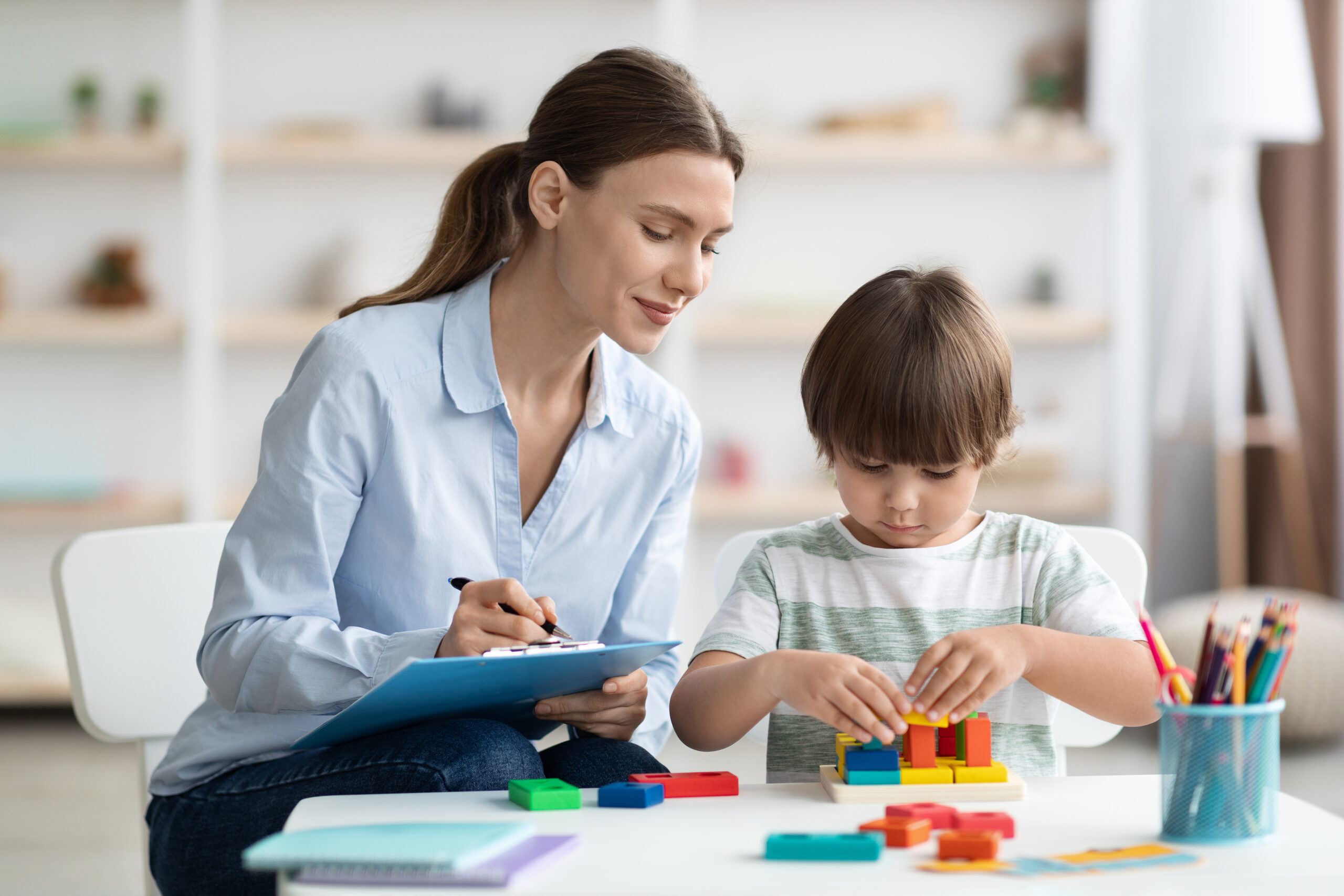What Can You Do with a Master of Arts in Psychology with a Concentration in Educational Psychology ?
Many educators want to better understand how students learn, not just what they learn. Outside factors like home life, emotional health, and social influences all play a part in shaping academic performance. Educational psychology focuses on the science behind learning and offers insights that help educators support students more effectively.
Earning a Master of Arts in Psychology with a Concentration in Educational Psychology gives professionals the opportunity to explore how different teaching methods, developmental stages, and environments impact learning. The degree supports careers that focus on applying psychology principles to improve education for diverse student populations.
What Does an Educational Psychologist Do?
Educational psychology is a field that studies how people learn in both formal and informal settings. It combines research in areas like memory, motivation, cognition, and behavior to improve learning environments. Educational psychologists also examine how factors such as disability, culture, and socioeconomic background affect academic development.
These professionals work with teachers, school leaders, and curriculum teams to evaluate teaching strategies and recommend improvements. They may assess learning outcomes, develop new instructional approaches, or support students with specific learning needs. The goal is to help create environments where students can do their best work and feel supported in the process.
Common workplaces include:
- Public and private schools
- Colleges and universities
- Government agencies
- Education nonprofits
- Curriculum and assessment organizations
What Can You Do with a Degree in Educational Psychology?
According to Indeed, earning a Master of Arts with a Concentration in Educational Psychology can lead to many careers. Some of the most popular include being an educational researcher or a program director.
Educational researchers gather valuable data on the cognitive processes of both children and adults, examining how they absorb information, comprehend new concepts, and express their thoughts effectively.
In the program director position, graduates from a Master of Arts with a Concentration in Educational Psychology program assess the value and performance of teaching materials, strategies for students with behavioral or learning challenges, and the curriculum for specific courses. They may also focus on researching the best resources for gifted and talented students or students with learning difficulties.
Some educational psychologists also work directly on developing curricula, including educational materials, textbooks, lesson plans, and online courses. They may work for academic publishers, government agencies, or nonprofit organizations.
About the TUW Educational Psychology Program
Touro University Worldwide offers a Master of Arts in Psychology with a Concentration in Educational Psychology that is fully online. The program is designed for students who want to explore the connection between psychology and education while continuing to meet their personal or professional responsibilities.
Students can typically finish the program in about one year. There are no residency requirements, and the GRE is not required for admission. The curriculum covers areas such as cognitive development, learning theory, motivation, assessment practices, and the social and cultural influences that affect learning.
With flexible scheduling and a practical focus, the program prepares graduates to apply educational psychology principles in classrooms, training settings, and academic research.






